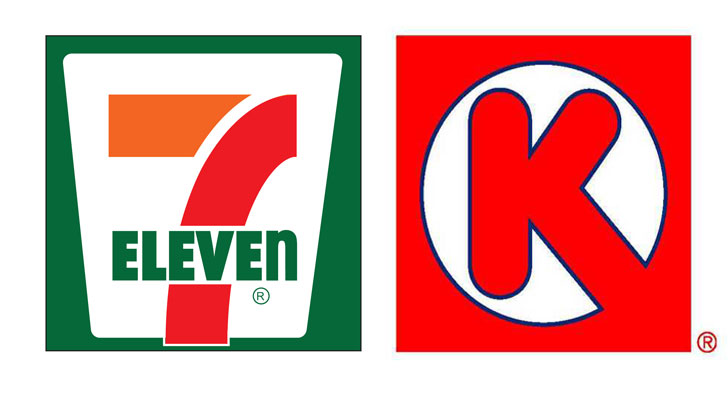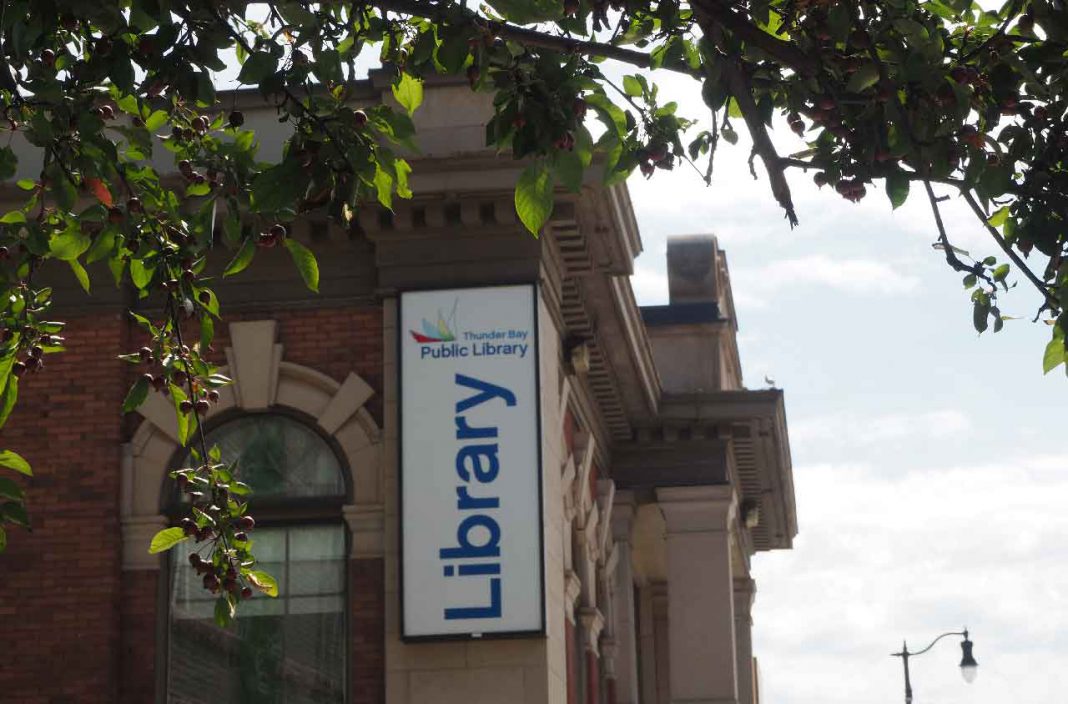Julian Assange is a hero to many and a traitor to others. Supporters of the WikiLeaks founder and publisher see him as an investigative journalist who exposed damning information that governments wanted to keep hidden, while critics view him as a threat to national security. His newest title, however, is free man.
Assange’s 14-year legal saga to avoid extradition to the U.S., where he faced espionage charges over the publication of classified intelligence files in 2010, has come to an end.
On Tuesday, Assange pleaded guilty in a U.S. federal court in Saipan, the capital of the Northern Mariana Islands, to a single felony charge of conspiring to unlawfully obtain and disseminate classified national defense information. It remains unclear if or when he will return to his life’s work, or if WikiLeaks will once again become a platform for whistleblowers revealing state and military secrets, given the toll the ordeal has taken on him.
“He will always be a defender of human rights,” said his wife, Stella Assange, who told reporters Wednesday evening in the Australian capital of Canberra that the 52-year-old needs to recuperate.
The plea deal meant he was sentenced to the time he had already served in the U.K. and was free to go.
Assange spent the past five years locked up in England’s Belmarsh high-security prison, confined to his cell for 23 hours a day, as he fought extradition to be tried on 18 charges under the U.S. Espionage Act — charges that could have seen him sentenced to 175 years in prison if convicted.
Before that, he spent seven years living inside the Ecuadorian embassy in London, where he was granted political asylum after courts in England ruled he should be extradited to Sweden as part of a rape investigation that was eventually dropped in 2017.
Adverse Effects on Assange and WikiLeaks
Assange’s U.S. legal adviser, Barry Pollack, states that Assange is not under any restrictions or gag orders as part of the plea deal.
However, James Turk, director of the Centre for Free Expression at Toronto Metropolitan University, has doubts about Assange’s future in publishing sensitive information.
Assange, who founded WikiLeaks in 2006, gained fame in 2010 when his organization began publishing around 700,000 classified documents and diplomatic cables released by U.S. military whistleblower Chelsea Manning.
Many of these documents related to the conduct of the U.S. military during the Afghanistan and Iraq wars, revealing that civilian death tolls in the two U.S.-led wars were much higher than reported and providing details about the detention of U.S. prisoners in Guantánamo Bay, Cuba.
Manning also leaked a video, which WikiLeaks titled “Collateral Murder,” showing U.S. troops fatally shooting a dozen Iraqi civilians, including two Reuters news agency employees, from two Apache helicopters in Baghdad in July 2007.
Manning was arrested in May 2010 and later convicted of 20 charges under the Espionage Act. She was sentenced to 35 years in prison, but former U.S. President Barack Obama commuted her sentence in 2017 during his final days in office.
In subsequent years, WikiLeaks also released leaked Democratic Party emails from National Security Agency intercepts and tens of thousands of internal emails hacked from Sony Pictures.
However, WikiLeaks hasn’t published anything on its website since 2021 and hasn’t released any original documents since 2019.
In a 2023 interview with The Nation from inside Belmarsh prison, Assange said the organization was unable to publish leaks due to his imprisonment, U.S. government surveillance, and restrictions on the organization’s funding.


